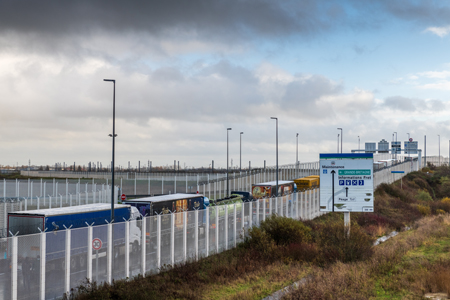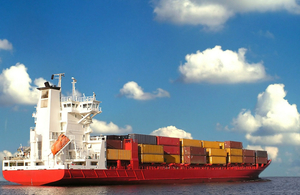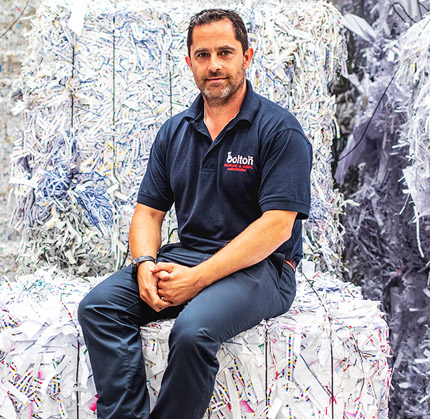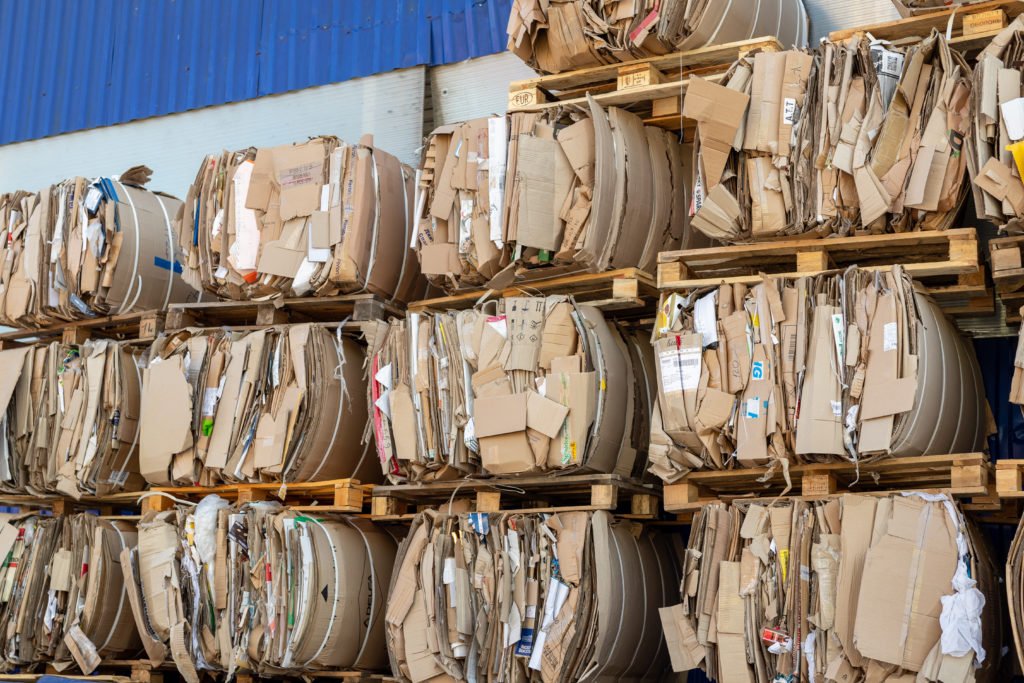In particular, the recovered or ‘waste’ paper sector – which sends material to countries including France, Germany, Holland and Belgium – is snarled up in post-Brexit challenges.

While some businesses appear to have mastered some of the paperwork, difficulties remain with higher costs for transport, shortages of vehicles and drivers and confusion over what paperwork is needed for where. On top of this is the issue of having to pay VAT and then the process of reclaiming it from the EU member state.
Chris Burton, commercial director of IWPP Ltd, a recycling business connected to the Recycling Association, said that part of the problem is that different arrangements are needed for different countries. “You need customs agents on both sides and there is then a problem that hauliers all want to do procedures differently to France, Belgium, Holland and Germany. I see no sign of the EU acting as one destination and we having to deal with the EU and the country authorities. A lot of this can depend on your freight handling agent.”
Vehicles
There are also reports of problems with the lack of availability of vehicles and some logistics businesses are reporting hundreds of trucks stuck in port locations which is pushing up costs.

One waste paper exporter said: “Sales are very difficult; it is like having to get qualified for each market. We are facing higher operational costs, service charges and on top of this there is the cost of dealing with the pandemic. We do have charges in at our customers but there is also more work in collecting smaller loads.”
Others were of the view that while there are still some difficulties with deep sea exports to countries in south east Asia, this market could be a better option for January and February. This market is also seeing its own problems such as shipping lines forcing extra costs on to the sector for various reasons, including a container shortage and changes to shipping routes. However, despite the challenges of export to deep sea destinations, one exporter remarked that they preferred to send to south east Asia because “it has been even more risky sending material to Europe even though there is a good demand there”.
‘Challenging’

Reuben Bolton, commercial director of Suffolk business Bolton Bros, said: “It is a very challenging situation with very limited trailer availability for shipping to the EU at the moment. Customs clearance needs stepping up and we face a lot of delays and challenges with regard to export procedures.”
Despite the demand from south east Asia, there is real animosity with regard to the shipping lines serving countries such as Thailand, Vietnam and Malaysia and what is described by several exporters as a “couldn’t care less” approach to the waste paper sector as a customer.
One exporter said: “The situation with containers riles me. They treat the UK awfully, show no respect and we use a significant amount of containers. We are paying for the boxes and they love demurrage. We send lots of tonnes of material by ship and I think the industry needs to stand up for itself.”
As to when the situation with Europe will improve, views are mixed. One typical perspective was that: “I can’t see it resolving as such for another month at least – we have to hope that in the end the process will get smoother.”
Others felt that the situation might even worsen if businesses in the recycling sector and in other industries who may have held back from exporting in January to let the situation settle down, started sending more loads in February.
Europe
One exporter in the Home Counties said: “We haven’t seen the worst of it yet for Europe. Now exports are ramping up and the system portside can’t cope. Demurrage costs are rising and new systems are being put in place but it will take more time and be at a cost.”
In terms of individual countries, exporters say that it is proving easier to send material to Holland and France because only one set of paperwork is needed. One commented that Holland was easier “because they have different ways of doing things than the French”, while it is also reported that some exporters have been successful in sending two or three containers to France but have had a similar number rejected for incorrect documentation.
An exporter in northern England was a bit more positive and said: “It is exceedingly difficult but you have to get on with it. The customs clearance process is relatively simple but the VAT implications are huge. If you shift those goods, you have to pay the VAT in the country material goes to but it could take nine months to claim it back. This is where it helps if you have a company in a destination country which means you can defer the VAT.”
Estimates of cost increases because of the post-Brexit paperwork and VAT rules are that it is putting costs up around £5 per tonne. And, waste paper exporters say that they accept that hauliers are suffering too, with some opting to send lorries back empty to the continent to avoid delays.
One brighter note is that demand for material is good in Europe because of a shortfall in local arisings and strong demand in the face of the pandemic. And, while some of this shortfall is being met by imports from the US, some observers say that the US market could come under some pressure itself if there are more lockdowns as a result of a stronger coronavirus policy from new president, Joe Biden.











Subscribe for free